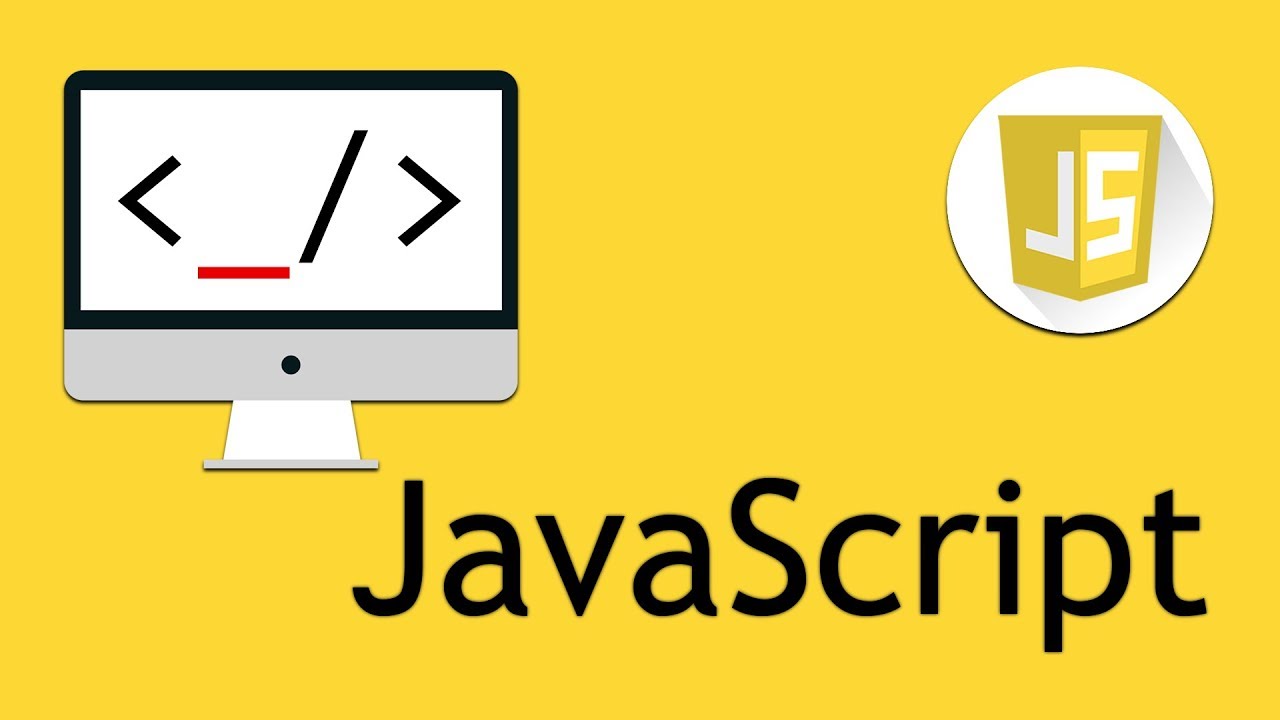JavaScript is the backbone of interactive websites. Whether you're browsing your favorite site, playing an online game, or using a web app, JavaScript is likely working behind the scenes to make everything dynamic and responsive. In this blog post, we’ll explore what JavaScript is, why it's important, and where you can use it in the world of web development.
What is JavaScript?
JavaScript is a dynamic, high-level programming language used to create interactive effects within web browsers. It was created in 1995 by Brendan Eich of Netscape as a client-side scripting language. Over the years, it has evolved into one of the most popular languages in web development, extending its capabilities to both front-end (client-side) and back-end (server-side) development. Today, it's indispensable for modern web development.
Why JavaScript is a Game-Changer?
1. Boosts Interactivity
JavaScript adds life to your website by enabling dynamic features like clickable buttons, image sliders, real-time form validation, and interactive maps. Without JavaScript, websites would be static and lack the rich user experiences we enjoy today.
2. Cross-Platform Versatility
JavaScript is not just for websites. With Node.js, JavaScript also runs on servers, making it a powerful tool for full-stack development. Whether you're working on the front-end or back-end, JavaScript is a one-stop solution.
3. Large Developer Community
The JavaScript community is massive, offering a vast array of libraries and frameworks that can speed up development. Frameworks like React.js, Vue.js, and Angular help create beautiful user interfaces, while libraries like Express.js and NestJS support building server-side applications.
4. Cross-Browser Compatibility
JavaScript runs seamlessly in all major browsers such as Chrome, Firefox, Safari, and Edge. This means you can create web applications that work across platforms without worrying about compatibility issues.
Where is JavaScript Used?
JavaScript’s reach goes far beyond just websites. Here's a look at some of the most popular areas where JavaScript is making a difference:
1. Web Development
JavaScript enables rich interactions on web pages. Imagine a website with a form that updates in real-time without refreshing the entire page – that's JavaScript in action! You can build everything from interactive menus to complex real-time features like notifications and live feeds using AJAX.
2. Web Servers with Node.js
Node.js is a game-changer for JavaScript, allowing developers to build server-side applications using the same language used on the front end. This allows for seamless communication between the client-side and server-side, simplifying the development process and boosting efficiency.
Benefits of Node.js:
- Non-blocking I/O for faster response times.
- Full-stack JavaScript development using the same language throughout.
3. Mobile App Development (React Native)
React Native brings the power of JavaScript to mobile app development, allowing developers to create apps for both iOS and Android from a single codebase. This cross-platform framework speeds up development and ensures a consistent experience across devices.
4. Game Development
JavaScript isn't just for websites – it's also used in game development! Libraries like Phaser.js and Three.js help developers create browser-based 2D and 3D games. JavaScript brings gaming to life with engaging interactions and immersive experiences.
5. Automation & Scripting
JavaScript is widely used for automating tasks. Whether it's scraping data from websites, automating repetitive workflows, or even controlling web browsers for testing, JavaScript’s versatility makes it an excellent tool for automation.
JavaScript Syntax: An Overview
Here’s a quick look at some of the basic building blocks of JavaScript:
| Element | Description | Example |
|---|---|---|
| Variables | Store values. | let name = "John"; |
| Functions | Blocks of reusable code. | function greet(name) { return "Hello, " + name; } |
| Conditionals | Make decisions in your code (if, else). | if (x > 10) { console.log("X is greater than 10"); } |
| Loops | Repeat tasks (for, while). | for (let i = 0; i < 5; i++) { console.log(i); } |
| Objects | Store related data as key-value pairs. | let person = {name: "John", age: 30}; |
Example:
let name = "Alice";
This simple code declares a variable, defines a function to greet a user, and logs the greeting to the console.
Conclusion
JavaScript is the powerhouse that drives the modern web. It enables rich interactivity, powers full-stack development, and plays a crucial role in mobile app and game development. If you’re looking to dive into web development, learning JavaScript is a must.





0 Comments